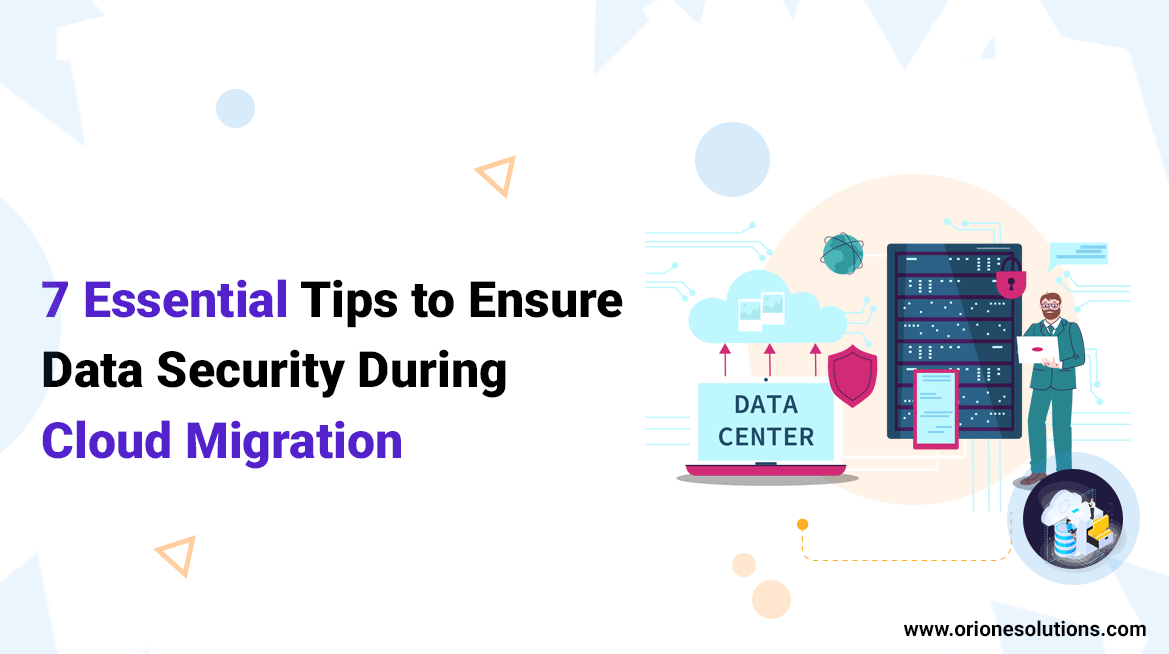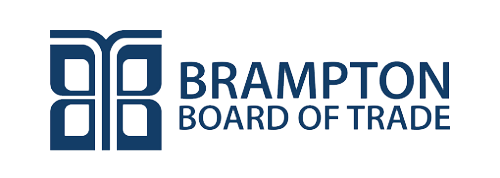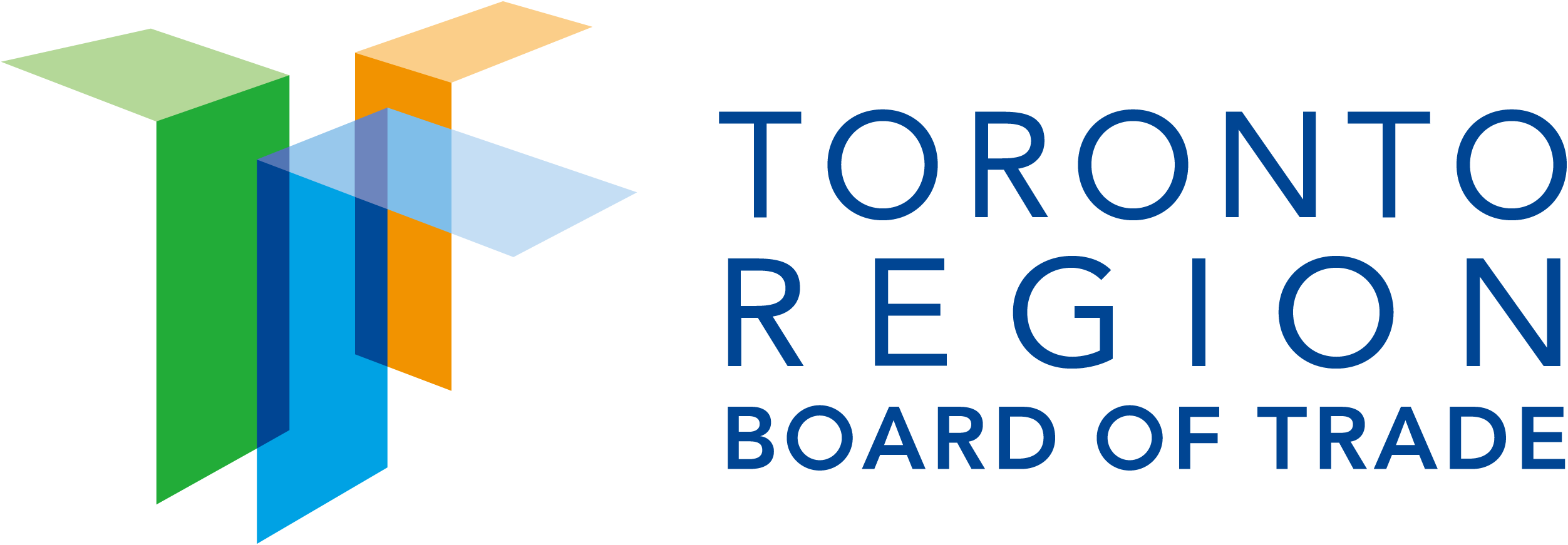According to Gartner, 85% of businesses are expected to leverage a cloud migration strategy by the year 2025. In addition, AWS possesses a 31% share in the cloud market, positioning itself as the industry leader.
As a result, the growing demand and necessity of cloud computing make it clear for businesses to consider data migration to the cloud. However, with the transition, some complexities, challenges, and concerns regarding data security occur.
Of course, data security can not be overlooked as it is the key for businesses to ensure operational efficiency. In addition, the increased data breaches and cyber threats make it essential for organizations to understand data security concerns and implement the best tips to ensure data security during cloud migration.
So, in this write-up, we will cover these effective tactics in detail to help you ensure your data remains secure during the cloud migration process.
Tips to Secure Data During Cloud Migration
Cloud migration poses a wide range of security risks. However, taking several preventative measures can help strengthen the system and data security. We will discuss below these practices in detail to help safeguard your company data when migrating to the cloud.
Understand the Data
It’s possible to go years without reviewing the data you have, which may be shared across several databases unless the demand occurs. When migrating data to the cloud, it becomes vital to build a comprehensive plan. It includes performing an in-depth risk assessment to find any security concerns.
Additionally, the businesses must perform data mapping and classification. It is vital to determine the security and compliance practices required pre and post-migration.
Determine the Compliance Requirements
Industry-specific standards differ regarding compliance. Highly specialized sectors such as finance, healthcare, and eCommerce need to comply with strict data security rules and regulations. Check if all the data controls are connected with the relevant regulatory agencies for the processes essential to your organization. Examine these implemented requirements to prevent penalties for non-compliance, especially for cloud data migration.
There can be several rules regarding data transition that you need to strictly adhere to. For instance, if you are running a business in the healthcare vertical, you must abide by the HIPAA compliance rules about data transits.
Ensure APIs Security
API security plays a significant role in regulating access to and across cloud applications and infrastructure while transferring data to the cloud. Here, leveraging robust authentication and authorization procedures can help safeguard APIs from automated cyberattacks.
Also, it will help eliminate the unauthorized user’s access capabilities and ensure improved API security.
Robust Data Encryption
When moving data from one place to another, disabling firewalls and taking other potentially dangerous actions can expose your data to serious threats. These transits could take a few minutes, but any business that exposes its records without knowing is inviting potential threats to its sensitive information.
However, there are several ways to secure data migration. These include network protocol encryption and leveraging network security protocols. All such approaches prevent third parties from interrupting or stealing any sensitive information. Also, when you hire DevOps engineers, you can stay assured of safe and hassle-free data migration. They do this by adhering to strict security measures in a cloud environment.
Restrict Access to Data During Migration Step
For companies who want to migrate data securely, it is essential to restrict data access. Besides, there are a few methodologies to be followed to ensure data is accessed by only authorized individuals in the need of emergency. These safety precautions involve:
- Implement and maintain user authorization and authentication regulations
- Establish a reliable two-factor authentication process
- Use in-built security policies provided by the cloud service provider
- Data encryption before migration
- Monitor access rights regularly throughout the migration process
- Complete the recurring security assessments on systems comprising sensitive data
- Remove credentials or access connected to old employees
Utilize a Phased Migration Strategy
Data migration is not a process that should be done at once, especially when handling sensitive data in big sets. Here, a phased migration plan can be the right approach. It enables firms to set up procedures that prevent illegal access to data while it’s in migration. It can further help prevent data loss and other security problems.
In addition, it is simpler to begin with implementing security measures in part and expand as the demand increases. It allows businesses to continually detect and manage potential threats they create.
Safe Data Deletion
Not all organizations know about the significance of deleting data securely. The problem is that a lot of hackers can easily find the deleted data and misuse it. It means data deletion from any device or the cloud improperly can result in significant data security breaches. Hence, leveraging several secure deletion techniques is essential to avoid cyberattacks.
Final Thoughts
To sum up, data migration to the cloud is a complicated process that puts you in the state of ensuring the best data security. The reason is that poor data security practices may expose an unaware company’s data during a migration. Thus, making their databases prone to increased process duration.
It further provides hackers with easy access to sensitive data without encountering any security measures. Because of this, hackers can simply access and compromise any sensitive data without encountering any security measures.
So, stay alert and adhere to these shared tips to ensure data security during cloud migration. It will make sure your company’s valuable assets remain untouched by any threats throughout the process.
You can also connect with us at Orion eSolutions to get specialized Cloud Migration services. We also provide extended support with cloud infrastructure, cloud security, and CI/CD pipelines. Also, our Cloud services are highly affordable along with the benefit of extended customer support post-migration.
Frequently Asked Questions
Q1: Why is data security important during cloud migration?
Answer: Data security is necessary during cloud migration as it helps safeguard sensitive data from unauthorized access, data loss, and any other vulnerabilities. Also, ensuring data security helps adherence to regulations while protecting against potential financial concerns.
Q2: How can I evaluate the expertise of a cloud migration services provider?
Answer: Assess the cloud migration services provider’s security certifications and adherence to standards including HIPAA and GDPR. Also, check what encryption methods they leverage. Additionally, you can review customer testimonials and perform a security audit to gather more insights.
Q3: What should be included in a cloud migration strategy?
Answer: An extensive cloud migration strategy must involve risk assessment, effective encryption tactics, access controls, and response plans to incidents. Also, continuous security audits are necessary.
Q4: Why should I choose Microsoft Azure Consulting services for cloud migration?
Answer: Microsoft Azure Consulting service possesses DevOps engineers holding expertise in configuring security settings, executing data encryption, and managing compliance. Additionally, they set up continuous monitoring while ensuring cloud migration security that meets the industry standards.








